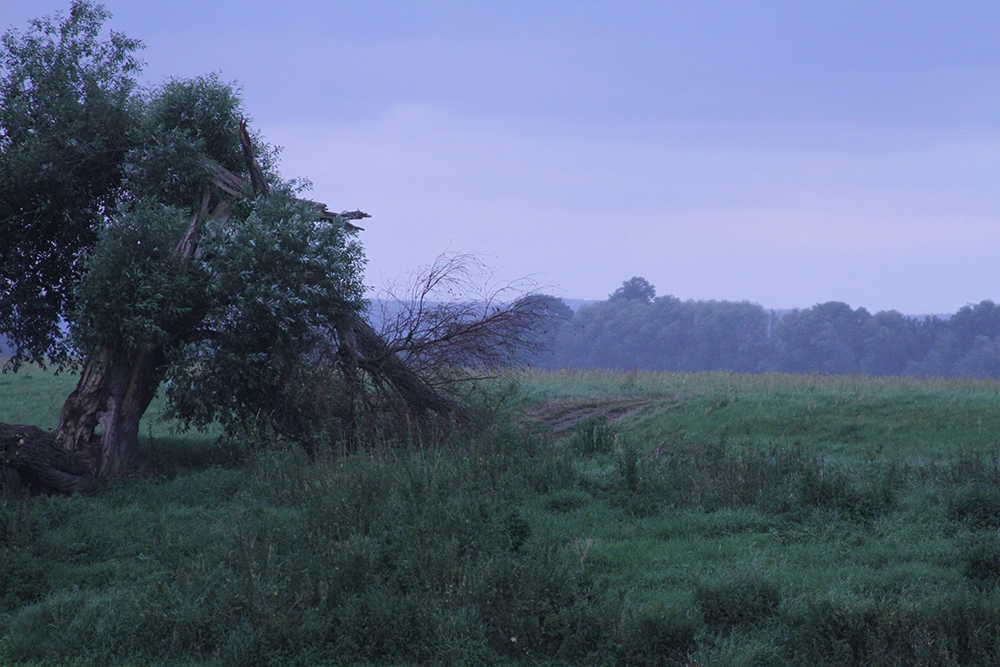
Superb recent* (easy to get an issue or two behind) reflection by John Banville in the NYRB on a new book about how Emerson, Thoreau and William James dealt with loss early in their lives. Note this representative digression on Thoreau that has particular relevance today but also reminds us of one thing more:
Thoreau, too, following his brother’s painful and untimely death, embarked on the program of becoming what he was determined to be. These were hard times in Concord. Eleven days after the loss of John, Thoreau developed symptoms of lockjaw himself, though it soon became apparent that it was only—only!—a sympathetic reaction. This was five days before little Waldo Emerson succumbed to scarlet fever, a disease for which there was no cure at the time. It must have seemed as if the angel of death had pitched his tent in that small New England town and meant to stay.
But for Thoreau there was life still, which behooves us to live it, and live it to its fullest, as Lambert Strether insisted. Who can say what torments of sorrow and bereavement Thoreau had to endure in order to come through to the other side? But come through he did. In March 1842, after that terrible January in which his brother and the Emersons’ child perished, Thoreau, in journal entries and a long letter to Emerson’s sister-in-law Lucy Jackson Brown, set about hauling himself up from the abyss of despair.
“What right have I to grieve,” he writes, “who have not ceased to wonder?” The world—nature—simply will not have it that we should give up our vivacity because others die, have died, will die. “Soon the ice will melt,” he declares, and the blackbird will be singing again along the river where his brother used to walk. “When we look over the fields we are not saddened because these particular flowers or grasses will wither—for their death is the law of new life.” As Richardson parses these sentiments, “Individuals die; nature lives on.”
Thoreau’s essential insight, Richardson writes, “is that we need an anti-anthropomorphic, nature-centred vision of how things are.”
Richardson sees this, along with two other crucial realizations—that “our intellectual connections and our friendships actually matter more than family,” and that despite the deaths of individuals “the natural world as a whole…is fundamentally healthy”—as marking “the sudden emergence of the greatest American voice yet for the natural world, a world including—but not centered on—us.”
Image: author photo, vicinity Alte Elbe Kathewitz
